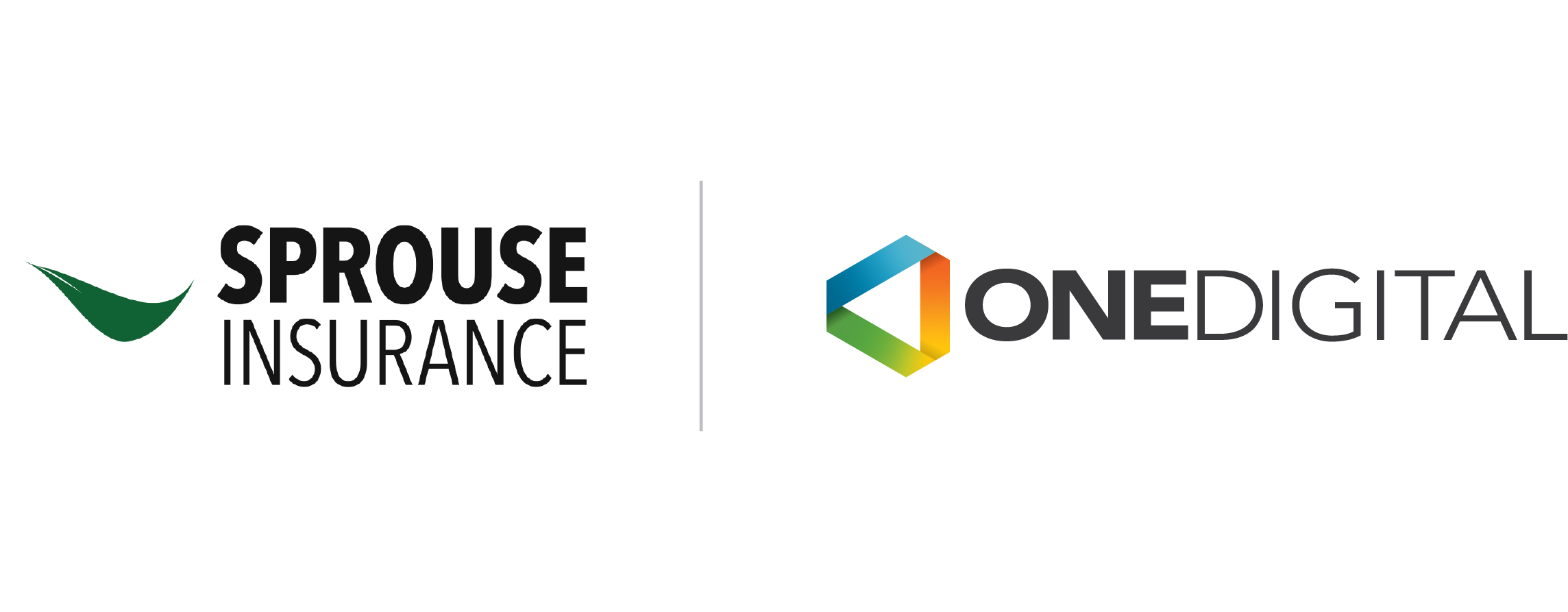Certificate of Insurance vs. Additional Insured – What’s the difference?
- May 20, 2022
- Posted by: Guerrilla Group
- Category: Personal Lines

Knowing the difference between what it means to be a policyholder, a certificate holder, or an additional insured is critical to ensuring your company has protection from claims and whether you are covered. Learn what each one of these terms means, the differences between them, and how you can ensure you are not the one paying for claims. Let’s start with the basics.
What is a Certificate of Insurance
A certificate of insurance (COI) is a document that tells a client, vendor or potential partner that you have adequate insurance — especially liability insurance — for your business. It is supplied by your insurance company at the request of you or someone with whom you are doing business. The goal of a Certificate of Insurance is to mitigate the risk that a company may be exposed to.
Who needs a certificate of insurance?
The answer to this question depends on what role your company is playing in cooperation with another company. For example, if you are a construction company that builds commercial spaces, and subcontract a portion of the work out, you’re going to want to make sure that they are insured.
You’ll want to make sure that you know this information prior to entering into a business agreement with them because if they complete their work poorly or incorrectly, and your customers file a lawsuit, your insurance is going to have to cover all the damages.
How much does a certificate of insurance cost?
A certificate of insurance should not cost you anything, because this is a service provided to you by the company that holds your insurance. That said, if your job requires coverage that exceeds your current policy limits, then you’ll likely have to pay a premium to cover these additional costs.
What is an Additional Insured?
Liability insurance provides insurance for the party named in the policy for protection against insurance claims due to injury or damage to property or individuals. Liability insurance policies provide coverage for the costs of monetary payments or payouts that the insured party might be responsible for if it’s determined the insured party is legally liable. An additional insured is a person or organization not automatically included as an insured under an insurance policy who is included or added as an insured under the policy at the request of the named insured.
A Blanket Additional Insured Endorsement is similar as above, but provides the same level of coverage to all additional insureds listed on the policy.
What does additional insured endorsement cover?
There are many types of individuals and organizations that can be added as an additional insured. For example, landlords, contractors, and manufacturers are popular options.
When a third party (i.e., someone who doesn’t work for your business) sues your additional insured, your policy can address the claim. This includes claims of bodily injuries, property damage, and advertising injuries, legal defense fees, court fees, and settlement or judgment costs which means they don’t come out of the additional insured’s pocket.
Conversely, there are some notable limitations to additional insured coverage, such as:
- The endorsement may offer coverage for only a limited type of liability (e.g., vicarious liability).
- Additional insureds can’t be added to a professional liability insurance policy.
An insurance company will likely refuse to add a business’s client as an additional insured to a professional liability policy. It will argue that the client is not a licensed professional and therefore can’t be held to the standard of care of a licensed professional. That would preclude the client from being insured under the policy for acts of professional negligence or mistakes.
How Do I get a Certificate of Insurance or add an Additional Insured?
Just call us or stop into one of our offices and our independent agents can get you and your partners the coverage you need.

